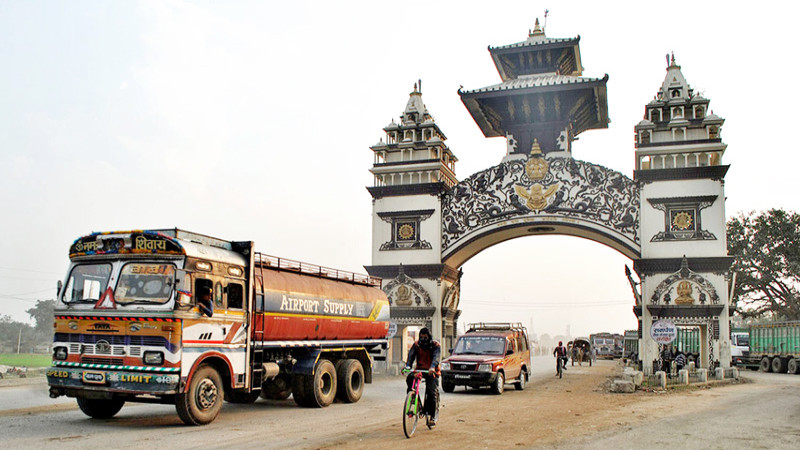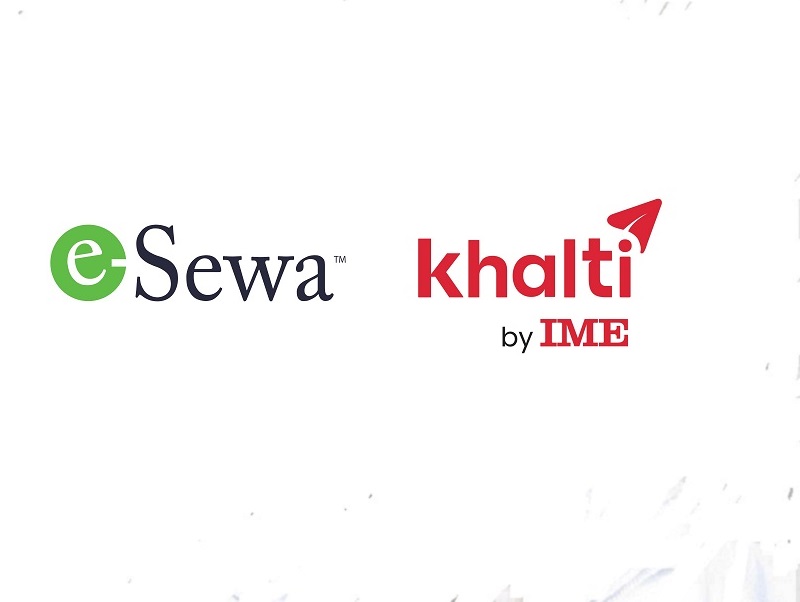The government is set to amend the Health Insurance Act to guarantee that health insurance services are accessible across all local levels. The proposed amendment mandates that the Health Insurance Board must ensure the presence of at least one service provider in every local unit, the state-run national news agency RSS reported.
The amendment is expected to address long-standing issues faced by insured individuals who were previously unable to access health services within their municipalities due to the lack of designated service providers. By introducing this provision, the government seeks to make health insurance services more effective and equitable.
According to RSS, Minister for Health and Population Pradeep Paudel has already presented the amendment proposal to the Council of Ministers for approval. Alongside this, preparations are underway to revise the Health Insurance Regulation to align with the amended Act, RSS quoted sources from Minister Paudel’s secretariat as saying.
According to a study conducted by the Asian Development Bank in 2024, the development of health insurance in Nepal has been gradual, with initiatives dating back to 1976.
The Health Insurance Act was initially introduced to improve access to healthcare and reduce out-of-pocket expenses for citizens.
The government-backed Social Health Insurance Policy, launched in 2016 and integrated into the Health Insurance Board (HIB) in 2017, aims to provide quality health care services and protect households from financial hardships, the study added.
“The National Health Insurance Program (NHIP) under the Health Insurance Board (HIB), implemented nationwide, provides financial risk protection through health insurance to the Nepalese population. The design of the health insurance scheme follows a typical approach used by low- and middle- income countries transitioning away from user fees,” the study report mentions.
The NHIP receives financial contributions from both the government and its insured members in the form of insurance premiums, which must be renewed annually. The current annual premium is Rs 3,500 per family, with an additional Rs 700 fee for each additional insured member beyond five family members.
The government provides subsidies on the premiums for certain targeted groups. Ultra-poor, senior citizens, severely disabled, leprosy patients, multidrug-resistant tuberculosis patients, and HIV/ AIDS patient households receive a full subsidy, the study report added.
However, implementation of the health insurance policies and Act has faced several challenges, including the unavailability of service providers in many areas, delays in claims processing, and insufficient awareness among beneficiaries.
According to the study report, persistent challenges include low population coverage (23%), limited risk pooling, stagnant financing, lack of financial sustainability assessment, inadequate local-level empanelment of health facilities, limited digitalization of the NHIP functions, weak HIB capacity, and insufficient government ownership toward strengthening NHIP.
“Concerns also exist regarding moral hazards, unmeasured impacts on out-of-pocket health spending, and an outdated benefit package,” the report added.
The proposed amendment aims to address these gaps by making service providers more accessible at the local level.
Nepal’s move to amend its Health Insurance Act aligns with global trends of improving universal health coverage (UHC). Countries like Thailand and Rwanda, known for their successful health insurance models, have emphasized local-level service delivery, which has been instrumental in achieving higher healthcare access.











